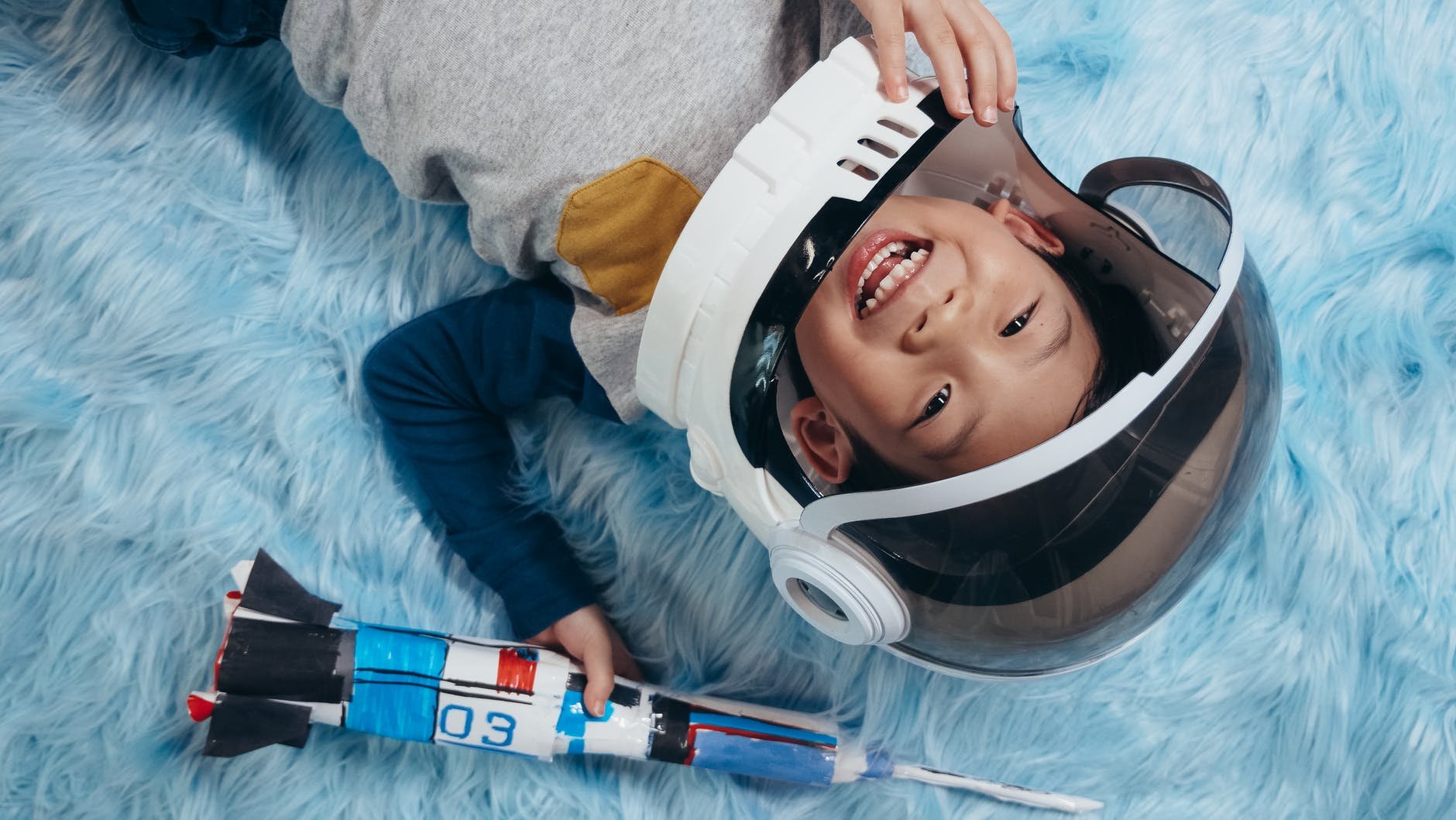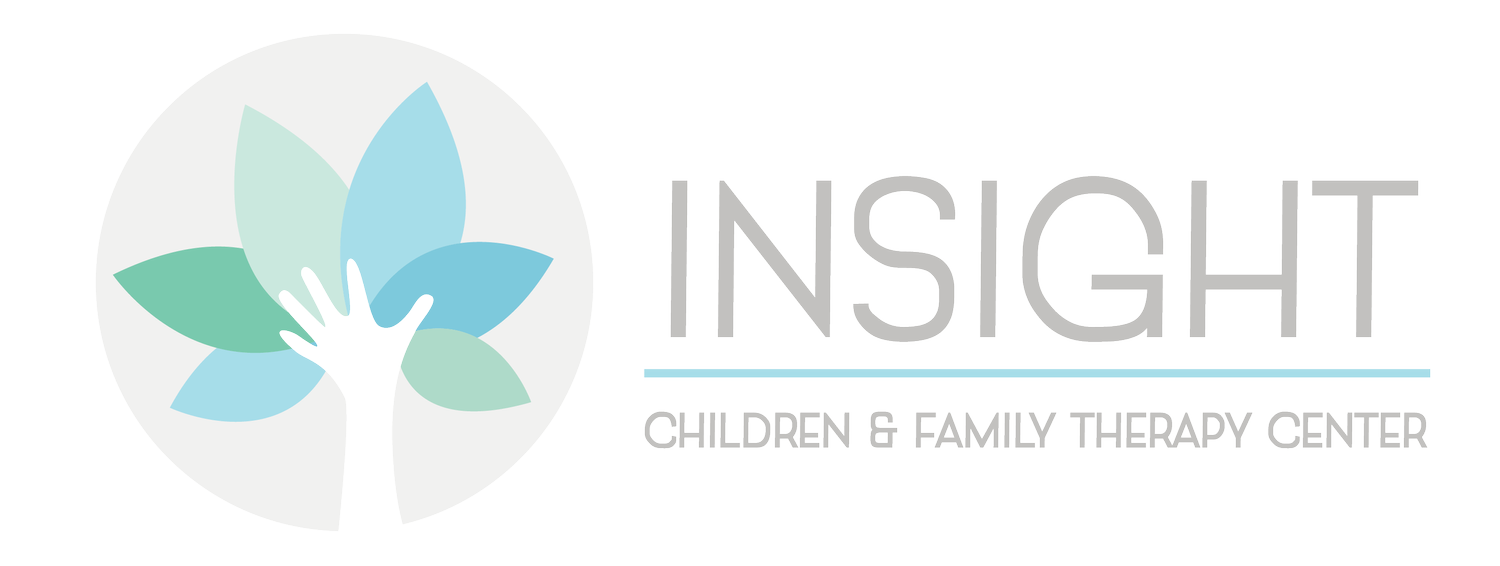
Child/Play Therapy
Play is a natural form of expression used by children that also forms a stable platform for learning. Through play therapy, children are provided with a safe space that allows them to experience a reprieve from their presenting issues. For example, children who have suffered bullying often retreat or act out and require gentle socialization to learn how to connect with others in a healthy way. Some children may develop anxiety as a result of trauma and could benefit through child play by learning social skills and building trust with peers in a professional space. This controlled group setting allows for the strong development of their expression so they may share their thoughts and feelings. With play therapy, clients can learn to express emotions, resolve problems, and develop healthy ways of relating to others. This type of environment helps children who struggle with ADHD and other psychiatric disorders, as play therapy is a great way to invite focus in a fun and relaxed way. Children and adolescents can learn appropriate boundary setting, frustration tolerance, communication skills, self-awareness, and practice healthy coping skills.
Play therapy is different from regular play because the therapist helps a child address and resolve their own problems. Play provides a safe psychological distance from a child’s problems and allows the expression of thoughts and feelings. Through play, therapists can help children learn more adaptive behaviors when there are emotional or social skills deficits. Children learn to communicate with others, express feelings, modify behavior, develop problem-solving skills, and learn a variety of ways of relating to others. Even the most troubling problems can be confronted in play therapy and lasting resolutions can be discovered, rehearsed, mastered, and adapted into lifelong strategies.
Play therapy is effective with children experiencing life stressors, such as relocation, hospitalization, chronic illness, abuse, domestic violence, and natural disasters. Therapeutic play can be used with children dealing with:
anger management
grief and loss
divorce, family dissolution, and abandonment
crises and trauma
anxiety
depression
ADHD
Autism or pervasive developmental disorder
academic and social problems
learning disabilities
conduct disorders

